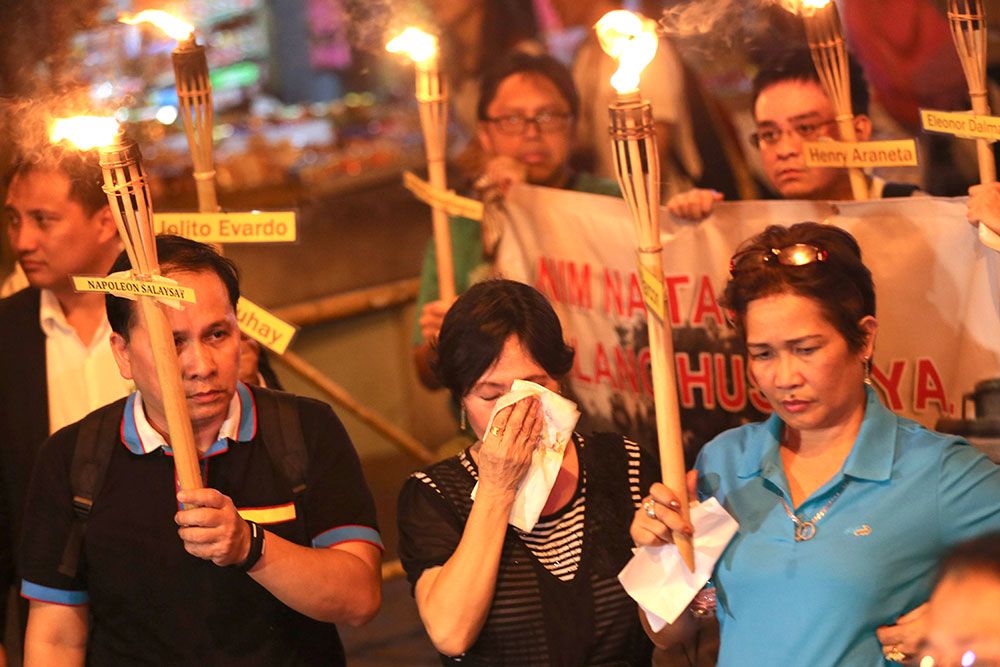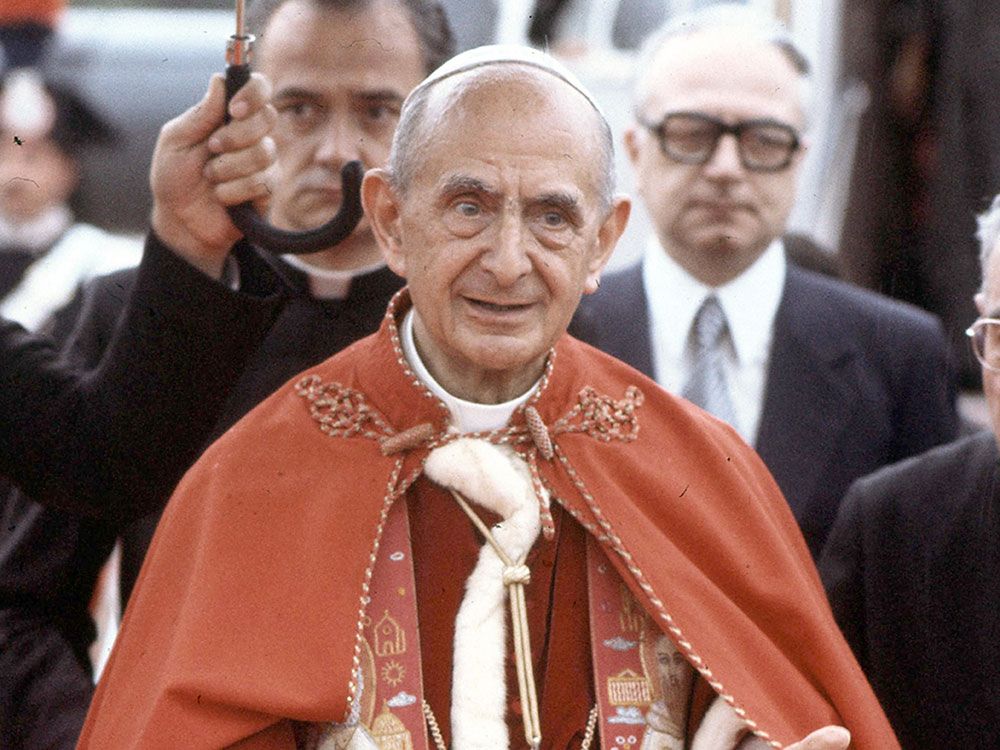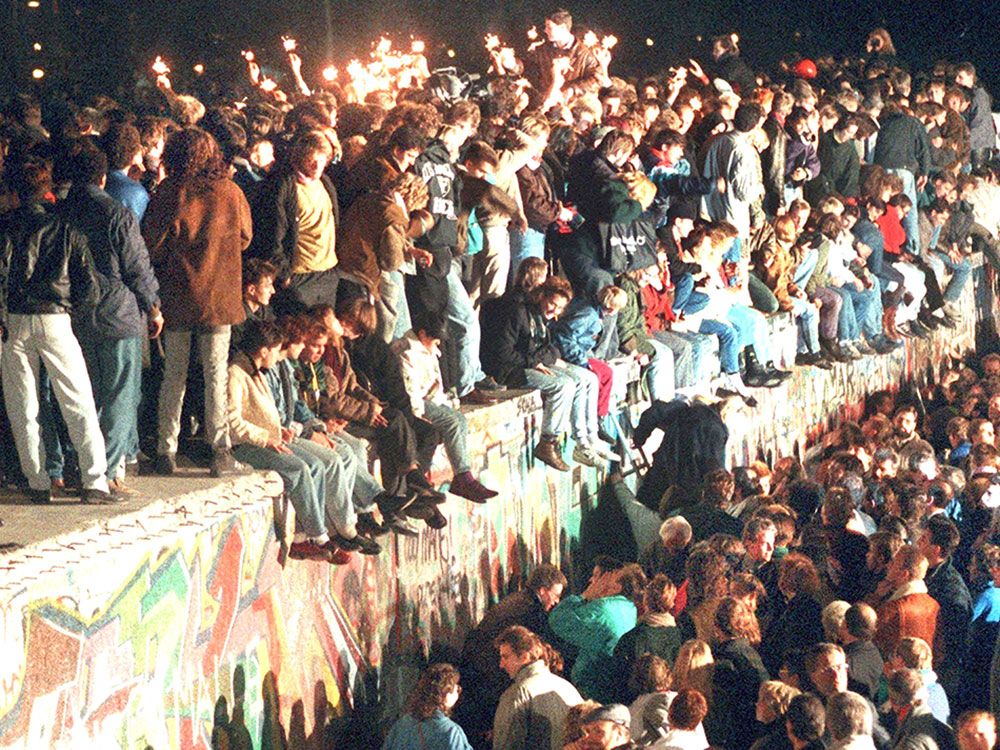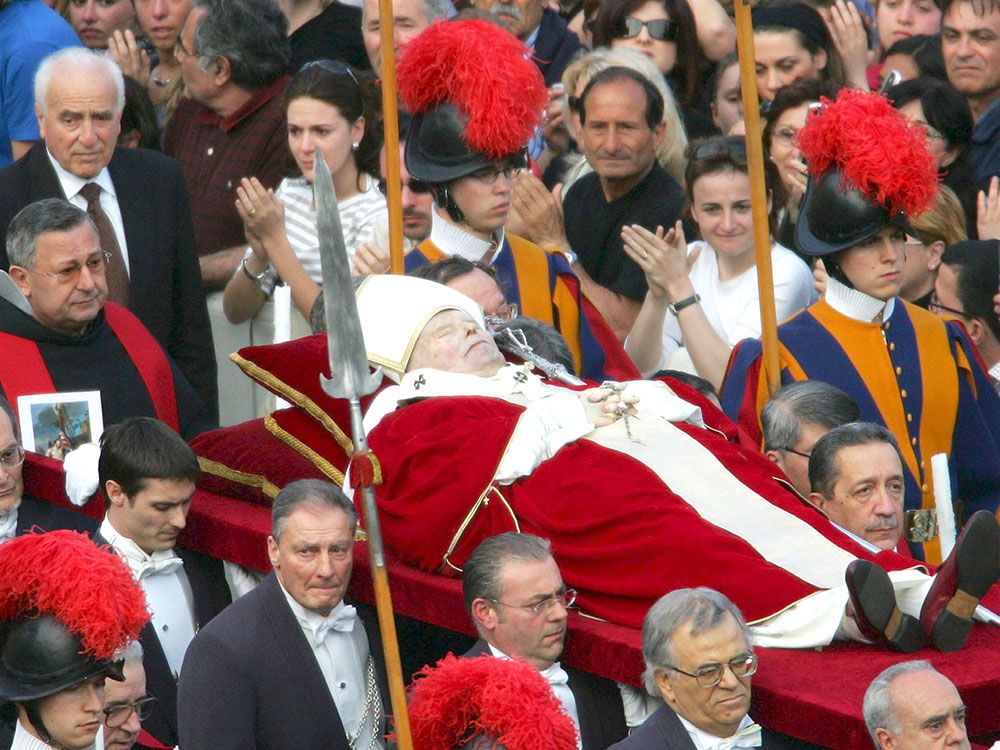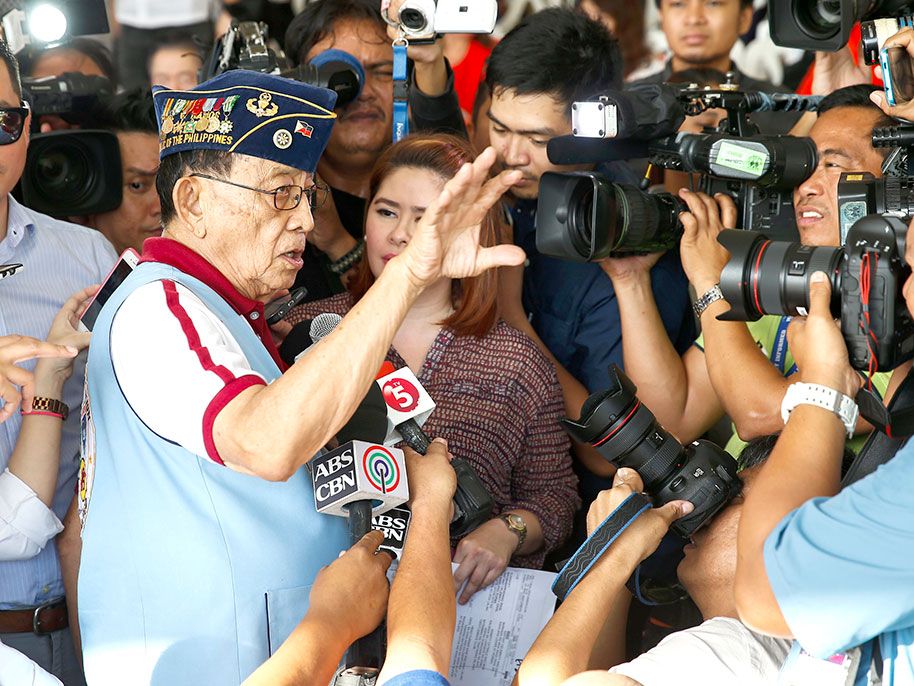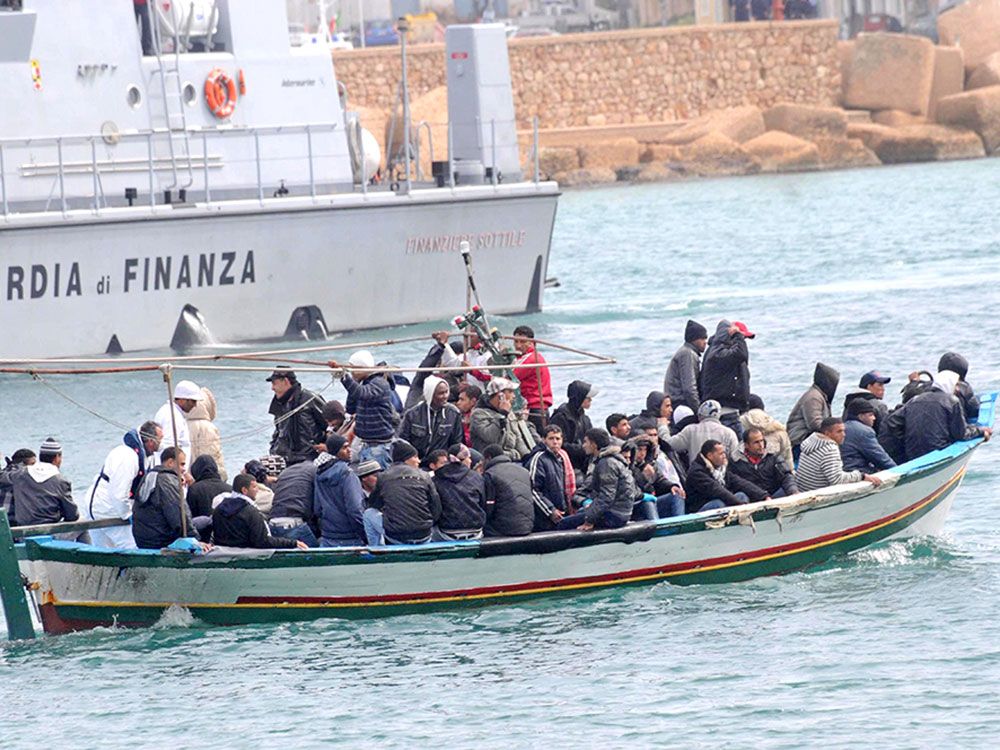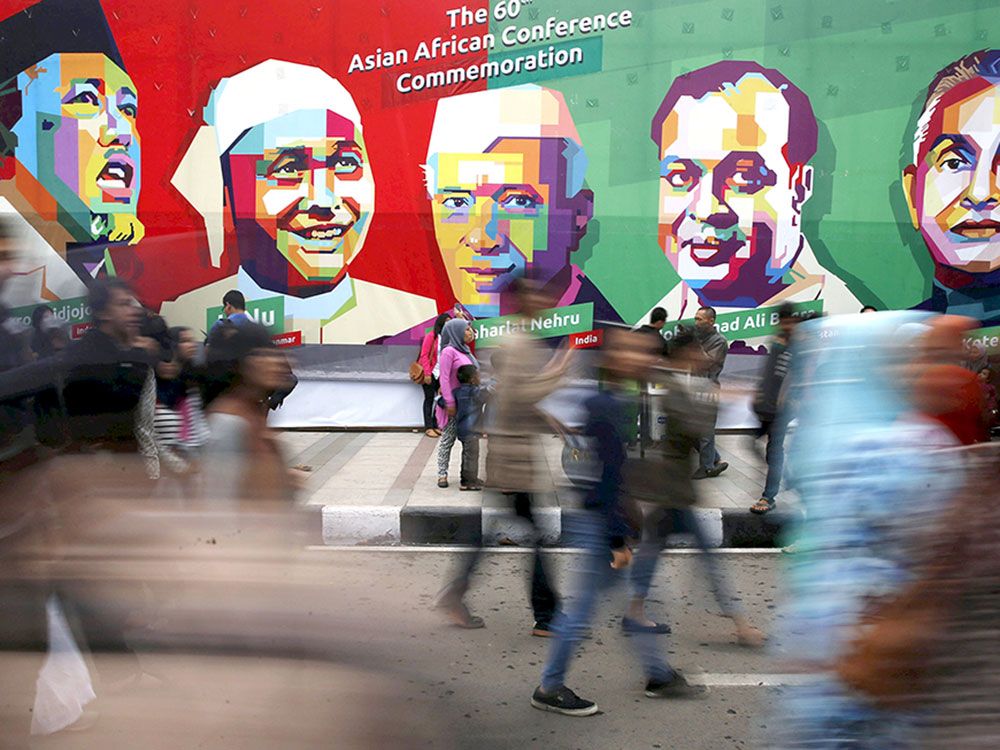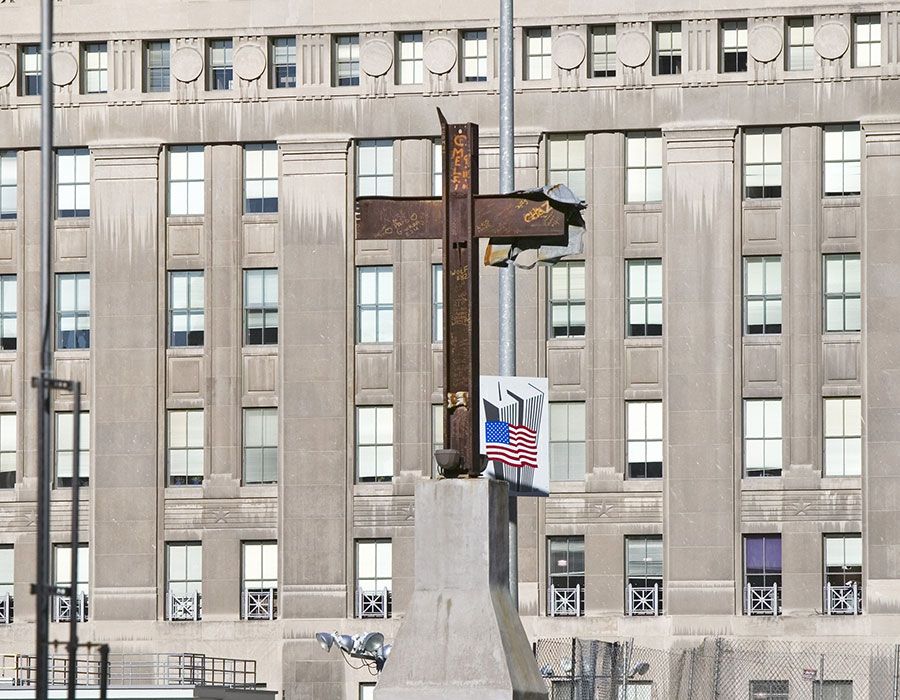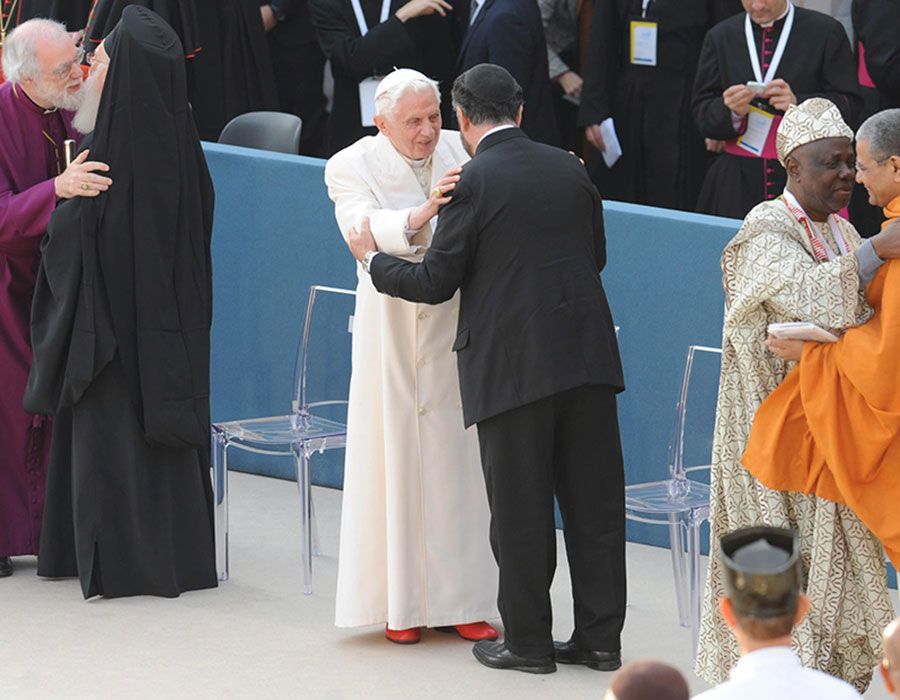India’s first war of independence was a revolt of Indian soldiers and people against British rule that started in May 1857 and continued until December 1858. Historians use the term “The Indian Mutiny” to describe this event. It was a milestone in the history of modern India.
Numerous other uprisings and conflicts erupted over the course of the centuries’ long British occupation, but it wasn’t until Mohandas “Mahatma” Gandhi’s social efforts, beginning in India from 1915-1920 and onward, that a popular vision of an independent India began to spread among ordinary Indians.
Because of these efforts, Gandhi became wildly popular. When Nehru gave his famous independence speech in 1947, he called Gandhi “The Father of our Nation who… held aloft the torch of freedom and lighted up the darkness that surrounded us”. Gandhi’s momentum reached a peak during World War II.
In March 1946, shortly after the close of the war, Clement Attlee, the Prime Minister of Great Britain, expressed these sentiments in a speech before the House of Commons. “Is it any wonder that today India claims – as a nation of 400 million people that has twice sent her sons to die for freedom – that she should herself have freedom to decide her own destiny? My colleagues are going to India with the intention to help her to attain that freedom as speedily and fully as possible.”
At midnight of August 15, 1947, India became an independent country and Jawaharlal Nehru became Prime Minister.
Significance Of Gandhi
Gandhi’s political and spiritual influence on India had been so intense, that the British authorities did not dare to interfere with him. Moreover, they didn’t know how to treat an enemy who didn’t use violence. During his imprisonments Gandhi fasted several times over long periods. His fasts were effective measures against the British, because if he had died, revolution might well have broken out in India.
Gandhi became a role model for many people. His new policy of truth and nonviolence inspired lots of freedom activists like Martin Luther King and Nelson Mandela, who learned from his philosophy and used it to fight for their rights and their beliefs. Albert Einstein eulogized Gandhi as one of the most inspiring and influential men of the twentieth century.
Gandhi was also admired because of his simple lifestyle. Wherever he went he wore a self-made loincloth and a shawl. His only nourishment was vegetables, fruit juice and goat’s milk. “He lived a spiritual and ascetic life of prayer, fasting and meditation.” Through his doctrine and his way of life he gave people in India and all over the world a way to fight for their rights. Indians honored him as a saint and gave him the name “Mahatma,” which means ‘Great Soul.’
The Wind Of Change
After India was finally granted freedom in 1947, it was apparent that a change in the perceptions of colonial power was occurring. The media played a significant role in showing the brutal reality of colonialism to the masses; in the end, increased media coverage was a catalyst in shifting public perceptions.
In Africa, nationalist leaders such as Kwame Nkrumah were inspired by Gandhi’s success. Nkrumah’s campaign was strikingly similar to the one Gandhi had led in India, and likewise, he was imprisoned for his efforts. A few years later, however, on March 6, 1957, the independent state of Ghana was created and Nkrumah became the first Prime Minister.
The independence of Ghana had a domino effect for other countries of Africa. In 1960, the Prime Minister of Great Britain, Harold Macmillan, delivered a famous speech known as the “Wind of Change”. “One of the constant facts of political life in Europe has been the emergence of independent nation. Fifteen years ago this movement spread through Asia. Today the same thing is happening in Africa. The wind of change is blowing through the continent. Whether we like it or not, this growth of national consciousness is a political fact. We must all accept it as a fact”.
Until World War II people used to say, “The sun never sets on the British Empire.” In a sense, it was at this time that the sunset finally came. What Gandhi had begun in India had political implications for the entire colonial framework. His devotion to nonviolence stood in marked contrast to the rifle bearing colonial occupiers, and he was immensely effective in making the world notice. India’s independence inspired the repressed around the world and led ultimately to the unraveling of the colonial era.
Facing The Future
The end of the British Empire in India in August 1947 resulted in the creation of two separate states of India and Pakistan. The division was based on religious lines, a Muslim majority in Pakistan and a Hindu majority in India. This event was to result in the biggest mass migration in history. Over 18 million people migrated to join their particular religious majority. At least a million people died in communal violence in the process.
This seems to be the recurrent pattern in the countries of recent independence with more or less dire consequences: The Ntebele and Shona in Zimbabwe, the Tutzi and Hutu in Burundi and Rwanda e. g., until the tribal war between the Dinka and Nuer in the latest state to become independent, Southern Sudan and the Buddhist majority and the Rohingya in Myanmar. The victims are tempted to bemoan the order of the colonial period. But you cannot put back the clock of history.
The achievement of political independence was only the beginning of the long journey towards nationhood: unity, economic self-reliance and development. The journey still goes on.





